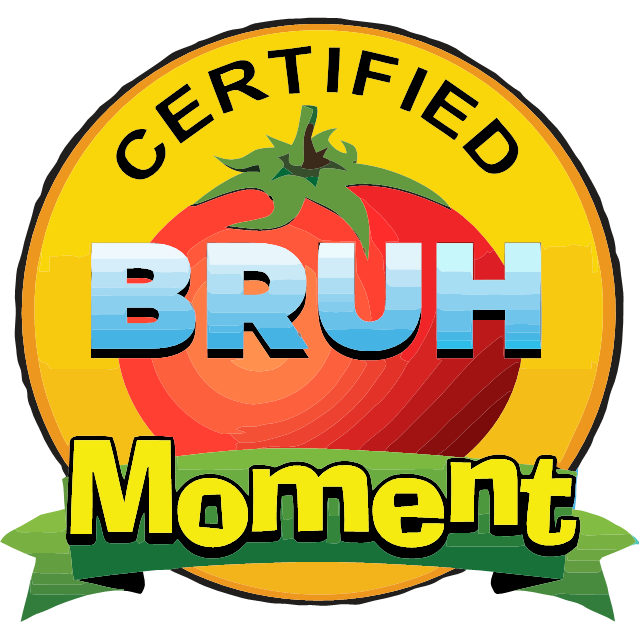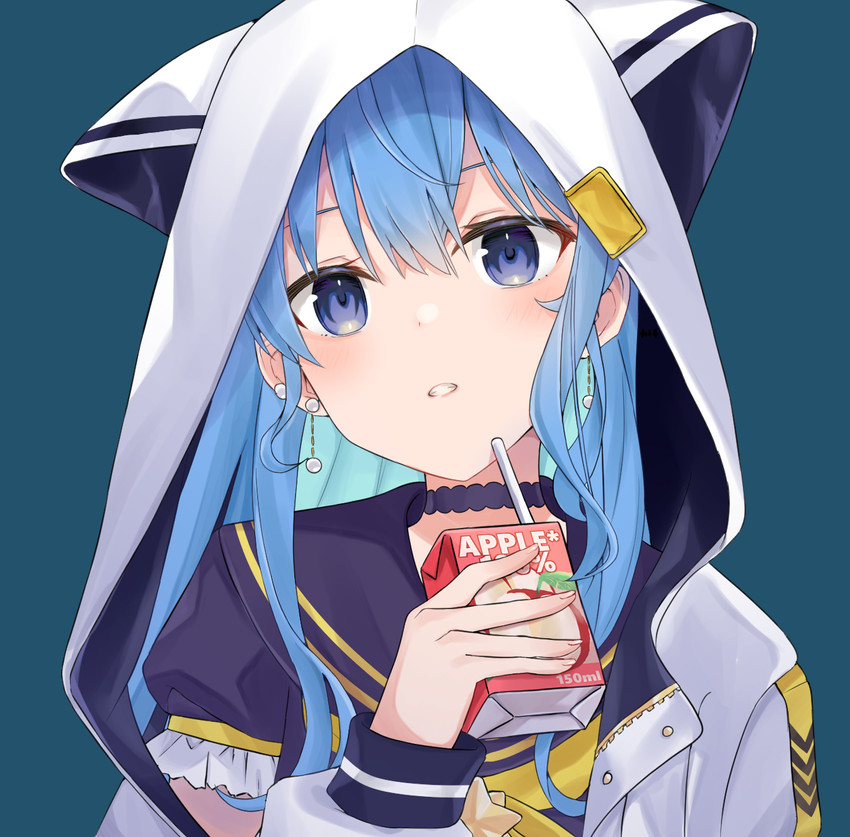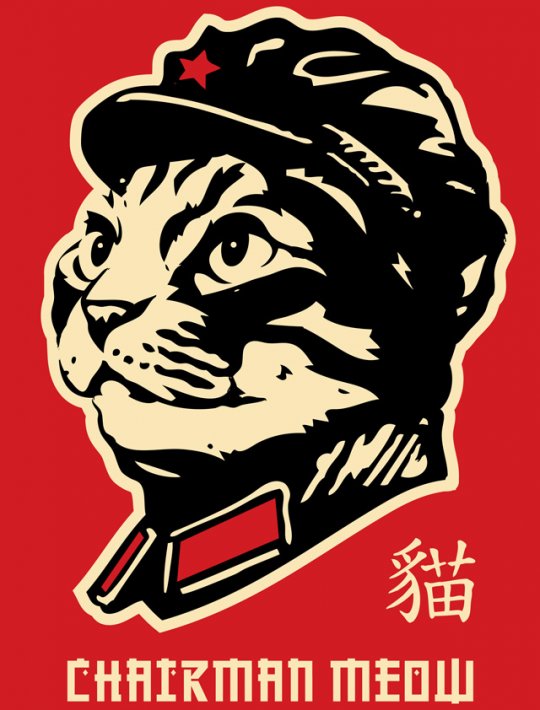Their preceding post
Imperialism doesn’t neccesarily mean conquest and wars. As a capitalist country they participate in the international global market, plus they’re aided by Russia and China which are imperialist countries, just as they were aided by the USSR before
https://xcancel.com/gathasparus/status/1969530645131972883
Socialism is anti-state
Read Lenin

Twitter radlibs confusing the Marxist theory of the state never gets old. Plus, no mode of production is determined by purity, but by which is principle, otherwise the libertarians that say “true capitalism hasn’t been tried” would also be correct, when that’s laughably false.
Can someone tell me how people become like this (leftist roleplay but zero, ZERO understanding of the basics)? I genuinely want a discussion about this.
They aren’t looking to practice politics, but to be know-it-all pedants who lecture people and are above it all
Usually a combination of western cultural hegemony and being disconnected from practice. Many have read theory, but western, anti-communist bias sort of fills in the gaps and questions people have when reading theory that practice otherwise would have.
By reading no theory whatsoever and instead getting all of your info from TikTok and Reddit
With a dash of Statue PFP Guy brainworms for good measure
Refusing to read theory and making breadtube/“leftist” streamer du jour into their prophet.
breadtuber? my brother in Allah that’s a movie reviewer who plays dress up and quotes george orwell from time to time
That sounds like classic breadtube.
*taps sign again* The lower form of socialism literally requires the state.
Read Lenin, radlib!

Gathasparus is clearly a silly, unserious person, but there plainly is a capitalist class in the DPRK. I’d call the state more bureaucratic than bourgeois, and find it strange that this apparent Christo-Trot isn’t doing so since that’s what Trots seem to call everything.
Having administration and hierarchy does not mean private ownership of production. This is the same error that leads liberals to say Stalin was the richest man on Earth
You mean they have factories owned by individuals in the DPRK? They have people outside the government directing production for individual profit?
I’m not being sarcastic; I don’t understand how they have a capitalist class. It’s not plainly obvious to me at all.
There are special economic zones like Rason with limited and controlled private capital, as well as foreign investment. A foreign business owner stayed and lived in the DPRK and wrote the book A Capitalist in North Korea: My Seven Years in the Hermit Kingdom.
The DPRK is one of the most overwhelmingly publicly owned and planned economies on the planet, but they do have limited private capital, similar to but less than Cuba.
just cant catch a break, you’re either a secretive despotic hermit monarchy or bourgeois capitalist terror state

Too left for the right, too right for the ultraleft. Stuck in the middle with Juche.
I love when these guys who clearly have read neither Lenin nor Marx tells others to do so. Not anything specific, not “The state and revolution” which I feel is…tangentially related to this, just “read Lenin.”
Because CHUDs (and that includes Patsocs) assume that no one actually reads anything, and that simply telling someone to read something is the “win argument” words, even if they haven’t read it themselves.
Right?! Like, you could make a very valid argument that State and Revolution veers into AnSyn/Council Communist territory in the final chapters, but this was also superseded by later theory when the Bolsheviks realized this would never work with the level of outside pressure they faced from the Western bourgeoisie and its cronies. In which case, the only response to “read Lenin” is “no u” because this jackass clearly stopped with the Cliff’s Notes and/or NATOpedia summary. Maybe even Conservapedia, based on their other tweets.






Left leaning Orthodox converts can be way more bizarre than this if they start properly leaning into Orthodox millenarianism, saintly prophesies etc. The Trotsk component is kinda fascinating though.
I’ve run into these before! “Holy Soviet Russia” nut jobs are fun. You wouldn’t think leftism and the Russian Orthodox Church go together, but Western leftists do very strange things.
Oh no, it was so bad to take action against a religious organisation that later also worked for nazi Germany. /s
These revivalist unironic tolkien-esque christian romanticist dudes really get on my nerves.
Bruv
Most politically coherent twitter user
With a profile picture that looks like a greek statue or apeing one or whatever… Nazi or nazbol, take your pick.














I could ask how they are not. Have they abolished wage labour? Have they abolished generalised commodity production? Has an international proletarian revolution abolishing all the capitalist relations occured? Absolutely not. Hence, the DPRK is a bourgeois, capitalist state
By this standard, the only socialist country to have ever existed was Democratic Kampuchea.
this is what leftcoms literally believe
All the greatest hits right here
Lenins ghost being like “idk what book u read”
Isn’t private property actually abolished though? Like I don’t think you’re legally allowed to have your own means of production there.
Outside of what the other users have posted, the DPRK has special economic zones like Rason.
While I think the subject is probably a bit more nuanced than Bland’s portrayal, I’m going to keep linking the same thing I always link because it has a relevant passage:
However, Kimilsungism differs from Maoism in rejecting the strategy of forming joint state-capitalist (joint state-private) enterprises in favour of forming ‘cooperatives’ in conjunction with the national capitalists:
“Our country was the first to transform capitalist traders and manufacturers along socialist lines by using the cooperative economy … This is an original experience”. (‘Socialist Transformation of Private Trade and Industry in Korea’; Pyongyang; 1977; p. 28).
“Comrade Kim Il Sung held that, different from some socialist countries, it was wholly unnecessary for the peaceful transformation of capitalist trade and industry to assume the form of state capitalism”. (Baik Bong: op. cit., Volume 2; p. 520).
This process of cooperativisation was not enforced upon national capitalists, but was an entirely voluntary process:
“Our Party adopted the line of transforming capitalist trade and manufacturing along socialist lines and saw to it that the capitalist traders and manufacturers were drawn into diverse forms of cooperative economy in strict observance of the voluntary principle”, (Kim Il Sung: ‘Let Us further Strengthen the Socialist System of Our Country’, in: ‘Selected Works’, Volume 6; Pyongyang; 1975; p. 317).
“The important demand of the voluntary principle is … to strictly guard against coercive methods in cooperativisation and conduct this movement according to the free will of private traders and manufacturers”. (‘Socialist Transformation of Private Trade and Industry in Korea’; Pyongyang; 1977; p. 31).
Of the three forms of cooperative introduced into Korea, two forms were open to national capitalists to join if they wished. In the second form, the national capitalists received what amounted to interest on the capital they brought with them when they entered the cooperative:
“The second form (of cooperation –Ed.) was a semi- socialist form in which the means of production were under both joint and private ownership and both socialist distribution according to work done and distribution according to the amount of investment were applied. The third form was a completely socialist form in which … only socialist distribution applied”. (KIm Han Gil: op. cit.; p. 387).
As has been said, the national capitalists were empowered to choose not only whether to join a cooperative, but which type they would join:
“The essential requirement of the voluntary principle is to make private traders and manufacturers … choose the forms (of cooperation — Ed.) of their own accord, instead of imposing any form on them”. (‘Socialist Transformation of Private Industry and Industry nd (‘Socialist Transformation of Private Trade and Industry in Korea’; Pyongyang: 1977; p. 72).
“The voluntary principle and the principle of mutual interests were observed in the cooperative transformation of capitalist traders and manufactuerers”. (Baik Bong: op. cit., Volume 2; p. 520).
Thus, most national capitalists tended to choose the second form of cooperation, since in this way they received
” … reasonable dividends upon the investments”. (‘Socialist Transformation of Private Trade and Industry in Korea’; Pyongyang; 1977; p. 143).
“The second form (of cooperation — Ed.) was popular in the cooperation of capitalist trade and industry. It was a rational form which was readily acceptable to capitalists because it applied distribution according to the amount of investment”. (Kim Han Gil: op. cit.; p. 387).
However, according to the WPK, the mere act of joining a cooperative transformed national capitalists into ‘socialist working people’:
“By joining the producers’ cooperatives, the entrepreneurs and traders … were transformed into socialist working people”. (Kim Il Sung: ‘The Democratic People’s Republic is the Banner of Freedom and Independence for Our People …’, in: ‘Selected Works’, Volume 5; Pyongyang; 1975; p. 151).
By August 1958,
” … the ratio of private traders and industrialists who joined cooperatives stood at … 100% by the end of August 1958″. (‘Socialist Transformation of Private Trade and Industry in Korea’; Pyongyang; 1977; p. 153).
So that, on this basis, Kim Il Sung felt able to declare in September 1958:
“The socialist transformation of production relations has now been completed … Thus, our society has become a socialist one”. (Kim Il Sung: ‘Against Passivism and Conservatism in Socialist Construction’, in: ‘Selected Works’, Volume 2; Pyongyang; 1975; p. 233).
Though I would say that the bigger concern is probably that of bureaucrats controlling the means of production with, in the main, a joke of a puppet legislature standing where popular input should (the Supreme People’s Assembly). And there’s also the more traditional capitalists in the Special Economic Zone, but that’s more recent and only in part of the country.
IIRC, you are allowed to own simple means of production for your own use. Exploiting hired labour is not allowed.
there’s a legal grey area when it comes to land ownership, inheritance, family housing, and farms. Article 24 of the DPRK constitution affirms the right to private property in the sense of things belonging to individual citizens, but I’m not totally sure how this is enforced, nor do i speak Korean so I don’t know if there’s nuance here that’s being lost
Private property is confirmed to property meeting the simple and individual aims of the citizen. Private property consists of socialist distributions of the result of labor and additional benefits of the State and society. The products of individual sideline activities including those from the kitchen gardens of cooperative farmers and income from other legal economic activities shall also belong to private property. The State shall protect private property and guarantee its legal inheritance.
from what I know there’s a semi-legal housing market in rural areas, which reminds me a little of how it was in Cuba before the 2019 revisions to their constitution. These are small socialist nations besieged by the whole world, so I can imagine the state has to focus on large scale exploitative use of private property, rather than things like grandmas selling potatoes out of their backyard gardens
Socialists usually call that stuff personal property as a distinction
Yes. I doubt anything would satisfy this guy though



















